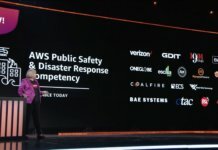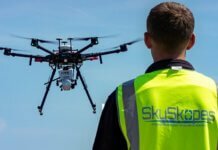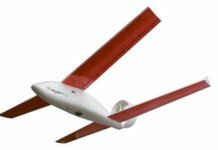In response to the recent court ruling that determined the Federal Aviation Administration (FAA) cannot lawfully require registration for hobbyist drone pilots, the agency has issued a notice on how to withdraw from the system and receive a refund on the $5 registration fee.
In a landmark decision in May, the U.S. Court of Appeals for the D.C. Circuit ruled that the FAA violated the FAA Modernization and Reform Act of 2012 when it placed registration requirements on hobbyist unmanned aircraft system (UAS) operators. In response, the agency said it was “in the process of considering [its] options and response to the decision.”
Now, in a new notice, the FAA writes as follows, “The court’s decision invalidated the registration requirement as it applies to certain model aircraft that meet the definitional and operational requirements provided in Section 336 of the FAA Modernization and Reform Act.
“Owners of model aircraft which are operated in compliance with Section 336 are not required to register. Owners of all other small unmanned aircraft, including newly purchased unmanned aircraft not operated exclusively in compliance with Section 336, remain subject to the registration requirement. The FAA continues to encourage voluntary registration for all owners of small unmanned aircraft.”
To “implement the court’s decision,” the agency notes it is “working on a final rule with respect to registration.”
“In the meantime,” the FAA says, “if you are an owner operating exclusively in compliance with Section 336 and you wish to delete your registration and receive a refund of your registration fee, you may do so by accessing a registration deletion and self-certification form and mailing it to the FAA at the address designated on the form. Owners who already received a refund during the initial grace period are not eligible to receive a refund.”
According to a report from Forbes, the FAA’s notice is in response to Monday’s final order from the court to go through with the ruling.
John A. Taylor, a model aircraft hobbyist from Washington, D.C., was the one to challenge the FAA’s registration rule, which went into effect in December 2015.
In a Facebook post in response to the latest FAA notice, Taylor writes, “Given that the registry was unlawful in the first place, I question whether it is appropriate or lawful for them to require people to ‘certify’ before they can get the unlawfully obtained information deleted.”
He also says it’s unlikely those who did register will even know about this latest notice.
“Also, since the court vacated the registration regulation regarding model aircraft, the registry should no longer exist for model aircraft. Period,” he adds.








